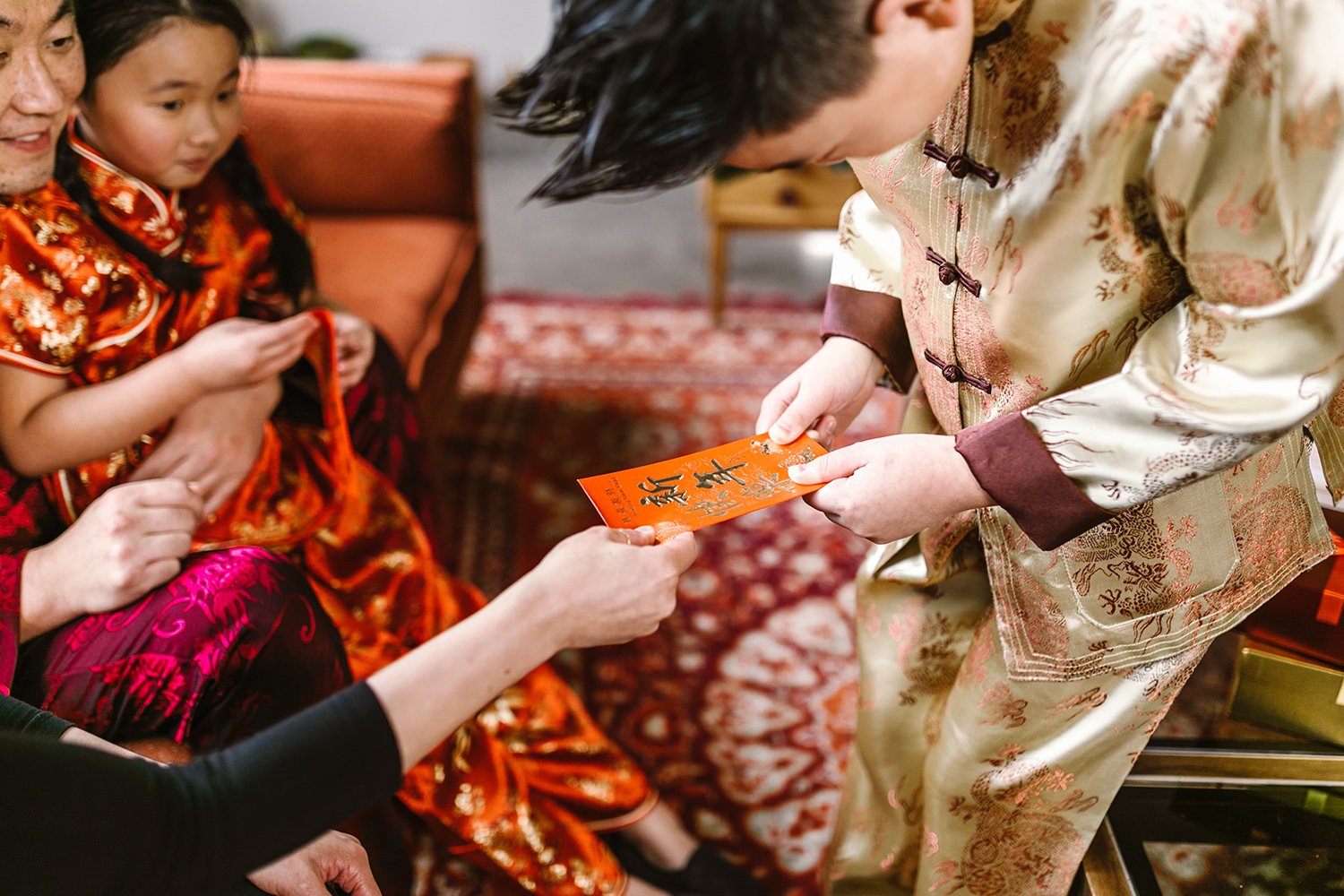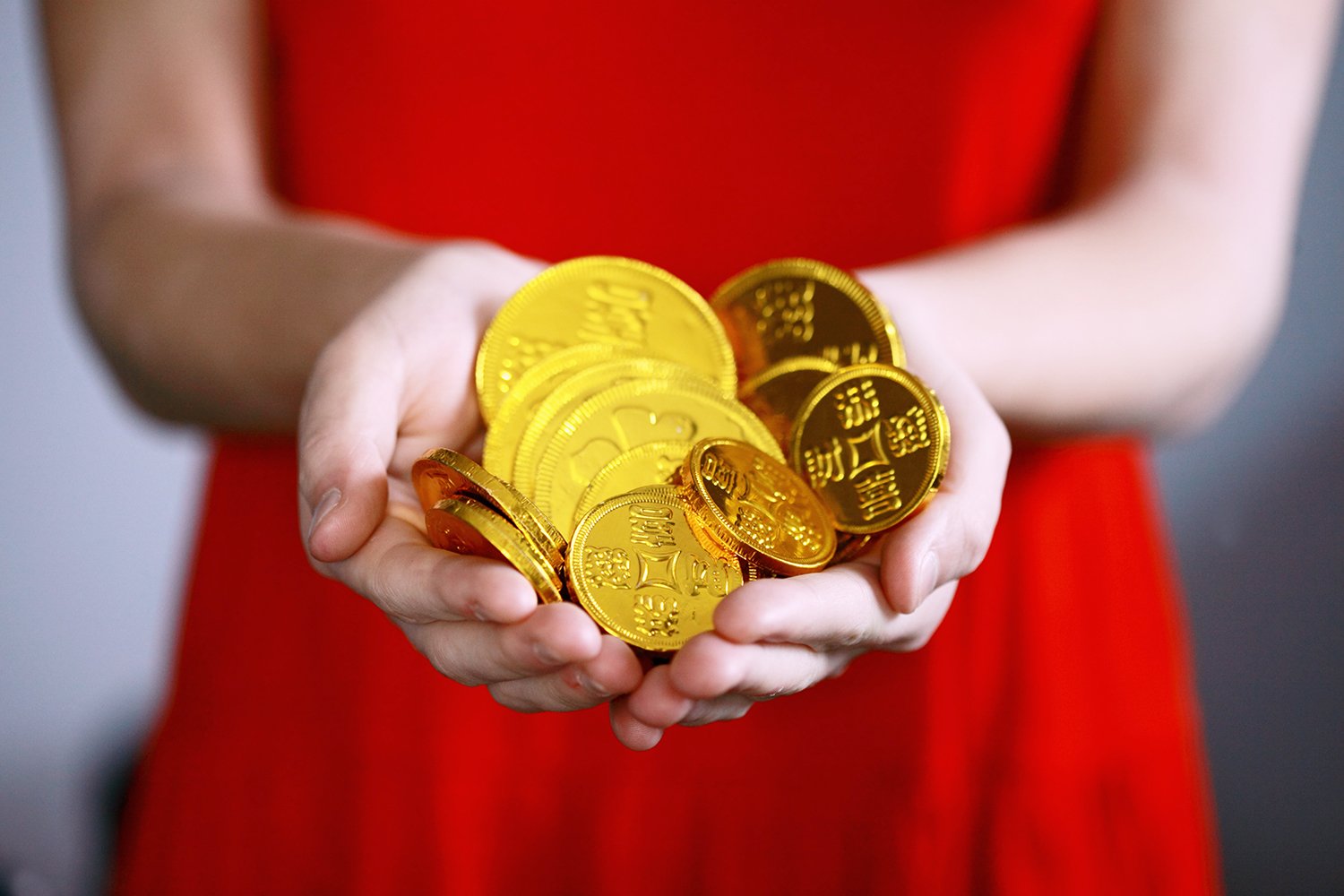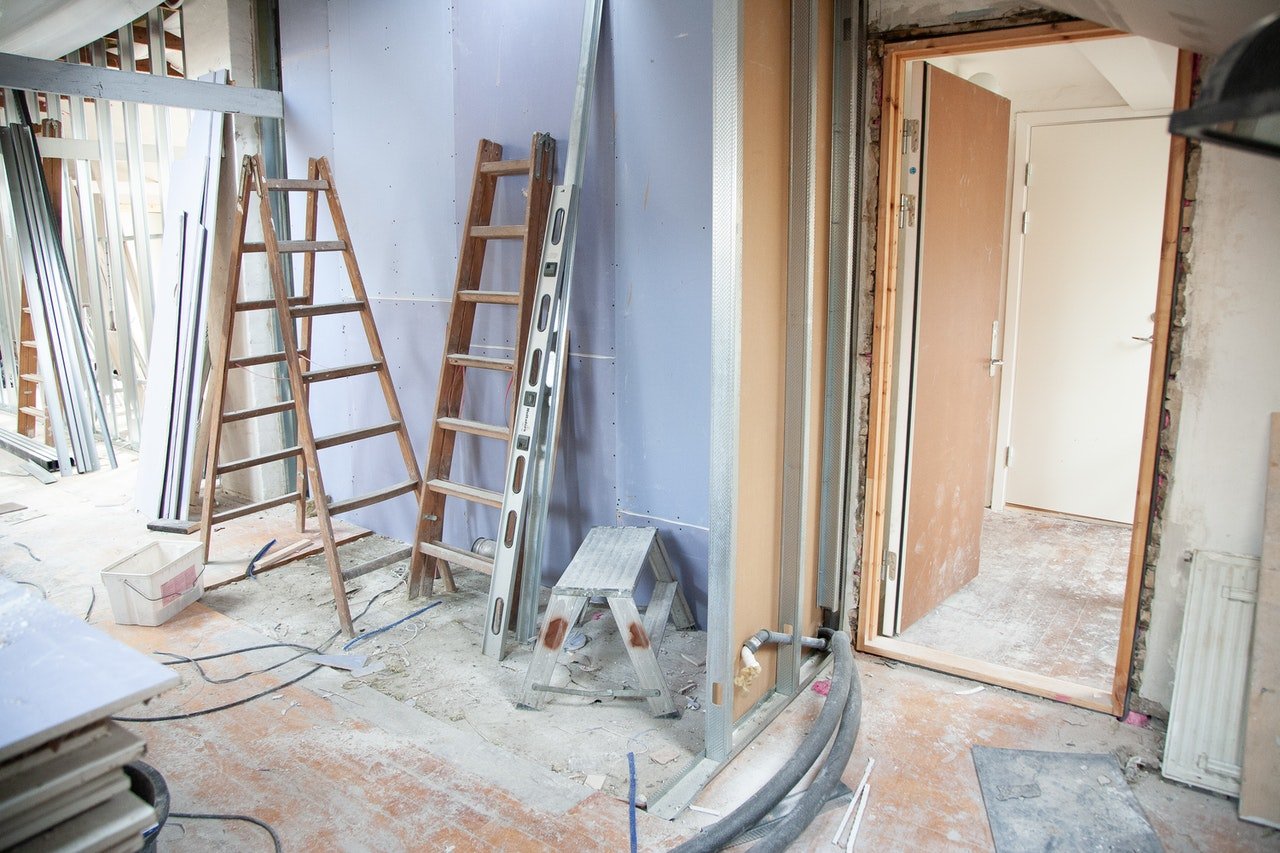As soon as the clock strikes midnight on Christmas day, gold baubles and frosty wreaths are swapped out for mandarin oranges and glaring red lanterns.
Santa Claus turns into the God of Fortune, and that Mariah Carey song (y’all know what I’m talking about) is replaced by the quintessential gong-clashing, cymbal-smashing Chinese New Year songs.
It’s that time of the year again where we stuff our faces with pineapples tarts and bak kwa. But we all know the most important reason we don our finest threads and visit our relatives once a year – the ang pows.
Cashing in on tradition
If you’re not married, then you ought to capitalise on this tradition and aim to collect your ang pows as you would Pokemon – gotta catch em’ all. So grab those mandarin oranges and hit up that nosey auntie or uncle, especially the ones who keep asking when your turn is to get married.
As a kid, if you were one of the lucky ones that got to keep your ang pows, instead of surrendering it to your parents for “safe-keeping”, chances are you probably blew it all on the latest fancy toy you could get your hands on.
However, as an adult, you shouldn’t be so trigger happy with your red packets, and here’s why.
Only give, no receive
In a few years, you’ll probably be married, which is when your annual flow of ang pows will dry up completely. Gone are the days where you swap new year greetings for fat red packets. Now, you’ll no longer be receiving ang pows, and instead, need to be doling them out.

Although you can dodge handing out red packets in your first year of marriage, it’s going to catch up to you eventually in the second year. You’ll be on the other end of this longstanding tradition where you’ll be the one giving them instead of receiving.
Plus, you would probably be visiting relatives on your spouse’s side as well, which would rack up quite a huge bill at the end of the festive season.
Let’s hope your relatives don’t have too many kids or else you’d be burning a massive hole in your pocket.
Buying your first home
The rite of passage for most young Singaporean couples involves buying their first matrimonial home, which is usually a BTO flat. This would likely be the most significant financial commitment you would make in your entire life, without even factoring in all the additional costs involved, such as the stamp duty and legal fees.
If you’re looking at the resale market, HDB prices are currently at an all-time high, rising by 12.7% in 2021. Even with the cooling measures being implemented swiftly, any price changes are unlikely to be immediate and may take up to a year to show in the market. If you want to start a new life together with your spouse as soon as possible, you’ll need to dip into those extra savings.
When signing the papers to your flat, you probably wish that you had saved your ang pow money because when you’re purchasing a six-figure dollar home, every single cent makes a difference.

Lowered LTV means more upfront capital
Part of the latest cooling measures rolled out on 16 December 2021 includes tightening the Loan to Value (LTV) from 90% to 85%. This applies to all BTO exercises and resale applications after 16 December.
You now have to fork out a higher upfront capital for your downpayment. This means that if you were to take a home loan from HDB, you would need to make an upfront payment of 15% instead of the previous 10%. This 5% change will probably mean you need to cough up an additional five figures.
To put this in perspective, the downpayment for a S$450,000 BTO flat will now be S$67,500 instead of S$45,000. That’s S$22,500 more you need to save up for. It’s always a good thing to be financially prudent and well prepared for surprise measures and unexpected costs such as this.
Renovation & furnishing costs
Despite having shelled out most of your savings on your first home, you’d likely still be spending more money to convert the default HDB unit into your dream home.
Renovation costs could easily range from S$30,000 to S$100,000 and beyond, depending on the complexity and materials of the work.
One thing to note is that if you’re purchasing a resale flat, expect your renovation costs to be even higher as you would need to factor in additional work such as hacking and dismantling existing features due to wear and tear over the years.

On top of all that, you need to dig further into your pockets to pay for the furnishings and appliances for your new home. This is no chump change – all of these will set you back another five figures.
With all these factors in mind, there’s more reason to maximise your ang pow savings for the next few years before you decide to get married and buy your first home together with your spouse.
It’s not all doom and gloom though. If you decide to have kids of your own, they can then start collecting the ang pows and hand them to you for “safe-keeping“.
Do you have any opinion about the cooling measures? Let us know in the comments section below or on our Facebook post.
If you found this article helpful, check out House hunting during Chinese New Year? and How much more would you pay for an “auspicious” address?
Looking for a property? Find the home of your dreams today on Singapore’s fastest-growing property portal 99.co! If you would like to estimate the potential value of your property, check out 99.co’s Property Value Tool for free. Also, don’t forget to join our Facebook community page! Meanwhile, if you have an interesting property-related story to share with us, drop us a message here — and we’ll review it and get back to you.
The post Here’s why you should save your ang pows for your future home instead of spending it straightaway appeared first on 99.co.


